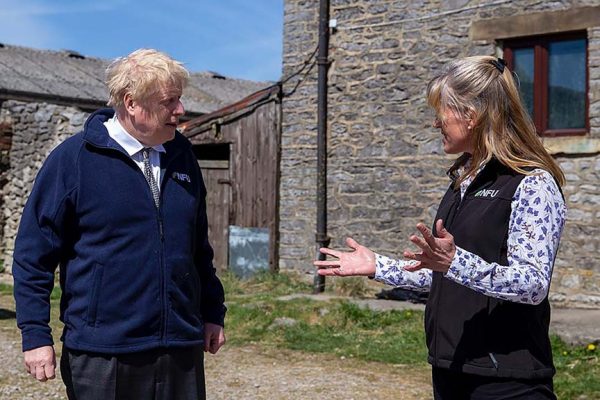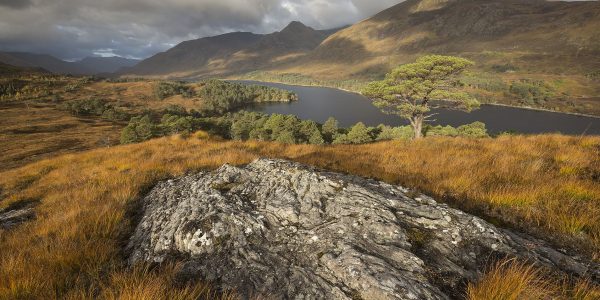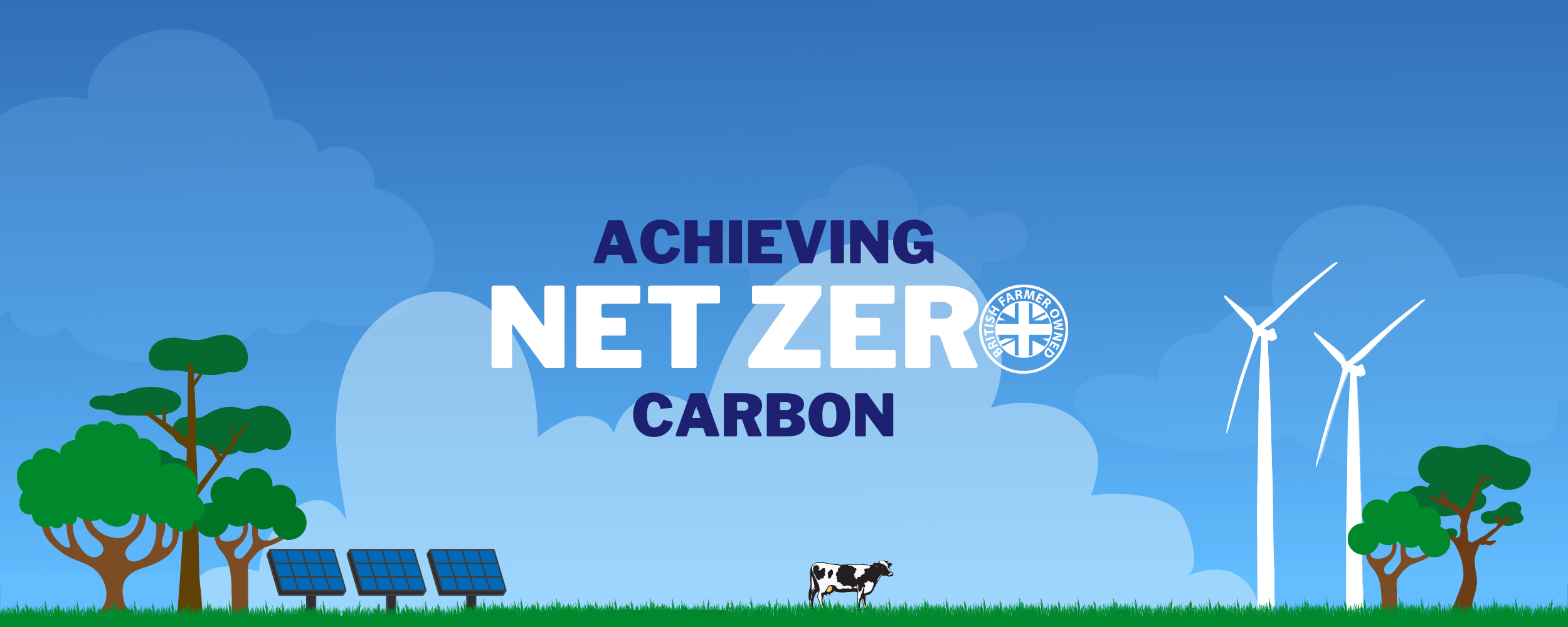Next year, farmers who currently receive payments under the Basic Payments Scheme (BPS) will be eligible to apply for the Sustainable Farming Incentive (SFI).
"The Sustainable Farming Incentive will allow farmers to take a fresh look at the land they farm, the natural assets that they have and decide what will work best for their own individual holding."
Department for Environment, Food & Rural Affairs
Introduction
The Sustainable Farming Incentive (SFI) aims to reward British farmers for engaging in sustainable farming practices.
DEFRA's environmental schemes...
The initiative sits alongside two other DEFRA schemes – Local Nature Recovery and Landscape Recovery schemes – to help British farmers access the money and advice they need to be effective and ambitious, whilst encouraging environmental land management. These schemes will operate in unison to support sustainable farming practices, improve animal health and welfare, improve environmental outcomes, and reduce carbon emissions.

The Three Schemes Explained
The Sustainable Farming Incentive
This scheme will apply to British farmers. It will reward them for the additional actions they take to sustainably manage their land. These rewardable actions will be grouped into simple categories (or “standards”), making it easy for eligible farmers to identify actions that are best suited to their land and enterprise.
The SFI will eventually be open to all farmers, however, it will only be open to BPS recipients initially. DEFRA’s aim is to make the scheme attractive and straightforward for farmers to take part in, including the many farmers who are not currently in an agri-environmental scheme.
Local Nature Recovery
This scheme will pay for actions that support the recovery of local nature and, therefore, the revival of the UK’s natural biodiversity. The scheme will encourage British farmers to work together to improve their local environment.
Landscape Recovery
The Landscape Recovery scheme will support the delivery of landscape and ecosystem recovery through long-term land use change projects. Projects such as the “rewilding” of British landscapes, large-scale tree planting, peatland and salt marsh restoration projects. These projects can deliver a wide variety of environmental outcomes and support local environmental priorities, while making an important contribution to national carbon net zero targets.
Agriculture and effective land management have been identified as powerful tools for tackling the climate crisis. These schemes are all an important part of the British Government’s commitment to reducing carbon emissions by 80%, by 2050. They also feed into the Nation Farmers Union’s (NFU) ambitious plan to achieve carbon neutrality across the UK’s agriculture industry by 2040.
The Schemes' Objectives
DEFRA’s schemes aim to create habitats for nature recovery and make large-scale changes such as establishing new woodland and other ecosystem services, providing key means to deliver against the Government’s 25 Year Environment Plan goals and carbon net zero targets.

Through the three future schemes, they hope to make a significant contribution to the following six goals of the 25 Year Environment Plan:
- Cleaner air
- Clean, fresh and plentiful water
- Thriving plants and wildlife
- Reduced risk of harm from environmental hazards such as flooding and drought
- Enhanced beauty, heritage and engagement with the natural environment
- Mitigating and adapting to climate change
These schemes will also contribute to the Government’s carbon net zero targets.
Q & A
Why is it important?
Over the last century, much of our wildlife-rich habitat has been lost, and many species are in long-term decline. Farmers feel this loss and are taking measures to reverse this decline.
Where is the money coming from?
The piloting and implementation of the three future schemes will be funded by gradual reductions in BPS payments from 2021 to 2027.
Where can I learn more?
Read the full policy paper here:
What does rewilding mean?
Find out more about rewilding here:
In addition to benefiting wildlife and the environment, the future schemes will also help British farmers, foresters and other land managers play a crucial role in the national effort to tackle climate change, through reducing greenhouse gas emissions and increasing carbon storage.


